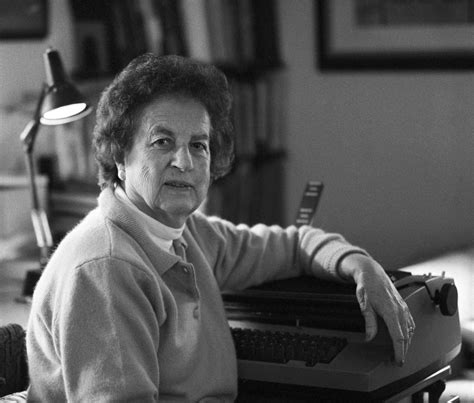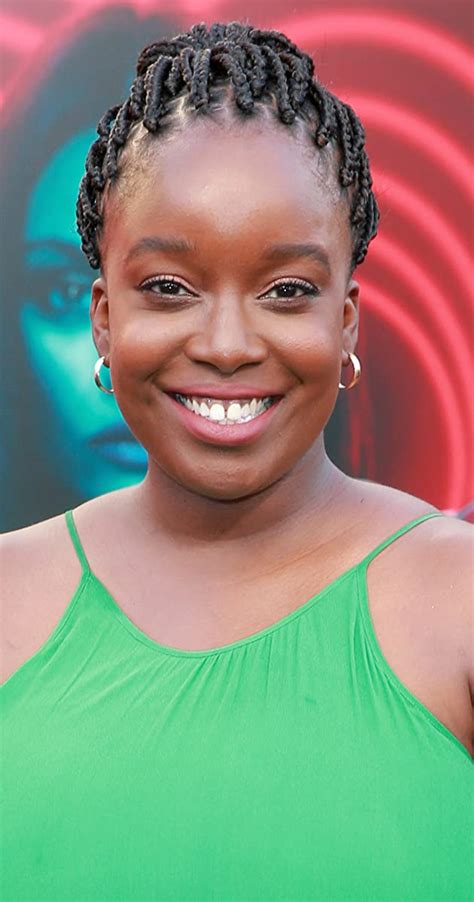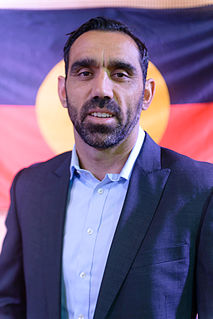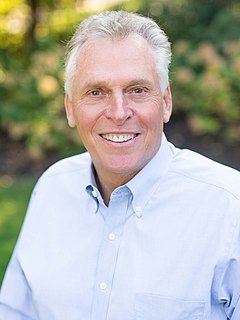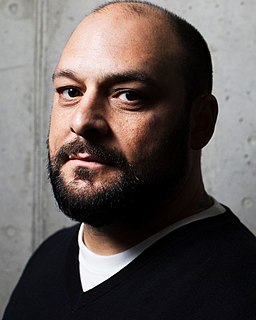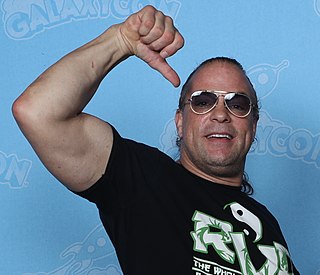A Quote by Jean Fritz
The way they taught history in schools was not appealing. They stressed wars and dates. They left the people out. I was attracted to history by the need to know about the people. In China, I went to a British school, and we just learned about kings and queens. Back in America, I had the regular social studies curriculum.
Related Quotes
History is not just about dates and quotations. And it's not just about politics, the military and social issues, though much of it of course is about that. It's about everything. It's about life history. It's human. And we have to see it that way. We have to teach it that way. We have to read it that way. It's about art, music, literature, money, science, love - the human experience.
Biographical history, as taught in our public schools, is still largely a history of boneheads; ridiculous kings and queens, paranoid political leaders, compulsive voyagers, ignorant general the flotsam and jetsam of historical currents. The men who radically altered history, the great scientists and mathematicians, are seldom mentioned, if at all.
It's a shame for women's history to be all about men--first boys, then other boys, then men men men. It reminds me of the way our school history textbooks were all about wars and elections, one war after another, with the dull periods of peace skimmed over whenever they occurred. (Our teachers deplored this and added extra units about social history and protest movements, but that was still the message of the books.)
When I ran for governor, I talked about the disenfranchisement of voters. I talked about the history that we've had. We've had a horrible history here in Virginia going back to 1901 - the poll tax, literacy tests, disenfranchisement of felons. We're one of the worst four states in America on allowing people back in with voting rights.
We need to make sure that our children know different kinds of people, eat different kinds of food, and learn our true history. The way most schools teach history is wrong. If they talk about slavery it's typically just for a couple of days and the lessons almost never address the systems that have hindered people of color for more than 250 years. This has to change.
If you expect the present day school system to give history to you, you are dreaming. This, we have to do ourselves. The Chinese didn't go out in the world and beg people to teach Chinese studies or let them teach Chinese studies. The Japanese didn't do that either. People don't beg other people to restore their history; they do it themselves.
